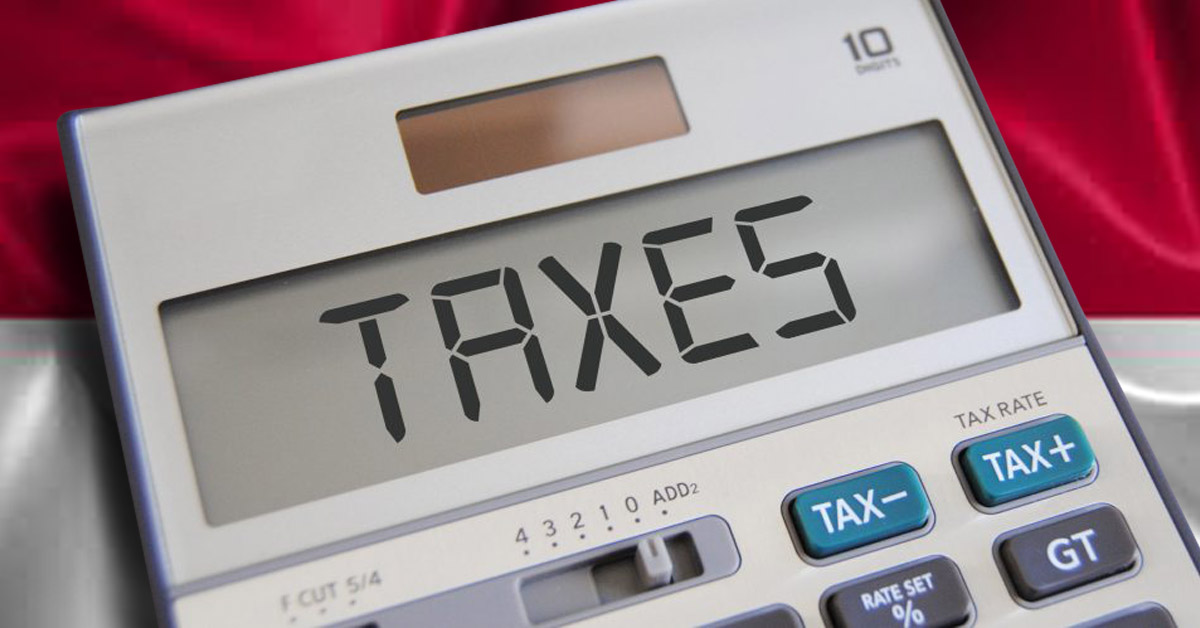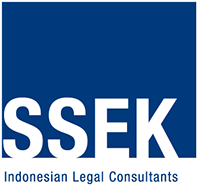 Export activities in Indonesia can be carried out by individuals, institutions and business entities. Export goods are classified as free export goods, which are goods that have no restrictions or prohibitions on their export from Indonesia; export restricted goods, or goods on which there are restrictions on the type and/or amount of exports or on who can export such goods; and export prohibited goods, which are goods that are prohibited to be exported. Processed foods and beverages are generally classified as free export goods. Given that, we will look here only at the licences and documents required for free export goods. Before exporting goods, an exporter must first obtain the required corporate documents and business licences, which include trading business licence (SIUP) or other business licence from the relevant technical ministry/non-ministerial government agency/institution; company registration certificate (tanda daftar perusahaan or TDP); and taxpayer registration number (nomor pokok wajib pajak or NPWP). For exports, in particular of processed foods, exporters must also comply with the relevant regulations issued by the Indonesian Drug and Food Control Agency (BPOM). Any processed foods, whether produced domestically or imported to an Indonesian territory for trading in retail packages, must have a registration approval letter issued by the head of BPOM, except for processed foods that: are produced by a home industry; have a storage period of less than seven days at room temperature; or are imported into Indonesian territory in small volumes for the purpose of sample for registration application, research, personal consumption and/or use as raw material and not to be sold directly to end-consumers. The head of BPOM will issue the registration approval letter at least 150 working days from the receipt of the registration form accompanied by proof of payment of the evaluation and registration fees. In addition, an exporter must have the following documents to export processed foods: customs identity number (nomor identitas kepabeanan or NIK), which is a private identity number from the Directorate General of Customs and Excise (DGCE) that allows exporters to access or connect to the customs system manually or electronically. To obtain an NIK, an exporter must submit a customs registration application to the DGCE or the appointed customs and excise officials, along with the required supporting documents. These supporting documents include deed of establishment of the company and its legalisation or registration with the relevant institution, TDP, NPWP and certificate of domicile (surat keterangan domisili perusahaan or SKDP). The NIK will be issued within 14 working days of the receipt of the application and required supporting documents. Exporters must also posess a notification on the export of goods (pemberitahuan ekspor barang or PEB). A PEB is prepared by an exporter based on the supporting documents for customs, including invoices, packing lists and proof of payment of non-tax state revenue (penerimaan negara bukan pajak or PNBP). The PEB must be submitted to the customs office where the goods are loaded no earlier than seven days before the estimated date of export, and at the latest, before the goods are brought into the customs area where they will be loaded. Exporters also require a statement letter of export from BPOM in the form of certificate of health (COH). This is a statement letter issued by BPOM, or the local technical implementing unit of BPOM (known as balai besar/balai pengawas obat dan makanan), stating that the food products to be exported are safe and suitable for human consumption. A COH is commonly required if the processed foods to be exported are not registered with BPOM. Similarly, a certificate of free sale (CFS) (a statement letter issued by BPOM) stating that the processed foods registered at BPOM can be distributed in Indonesia is necessary. A CFS is required for the export of processed foods registered with BPOM. Other documents may be required depending on the requirements of the destination country, and the importer in the destination country must comply with the applicable provisions in that country. Requirements related to the importation of processed foods are commonly related to the health standards of the processed items being imported. |
|
SSEK Legal Consultants 14th Floor, Mayapada Tower, Jl. Jend. Sudirman Kav. 28 Jakarta 12920, Indonesia Tel: (62) 21 521 2038 Fax: (62) 21 521 2039 Email: christinasoela@ssek.com Website: www.ssek.com |





































 SSEK Legal Consultants
SSEK Legal Consultants Rusmaini Lenggogeni
Rusmaini Lenggogeni Denny Rahmansyah
Denny Rahmansyah






